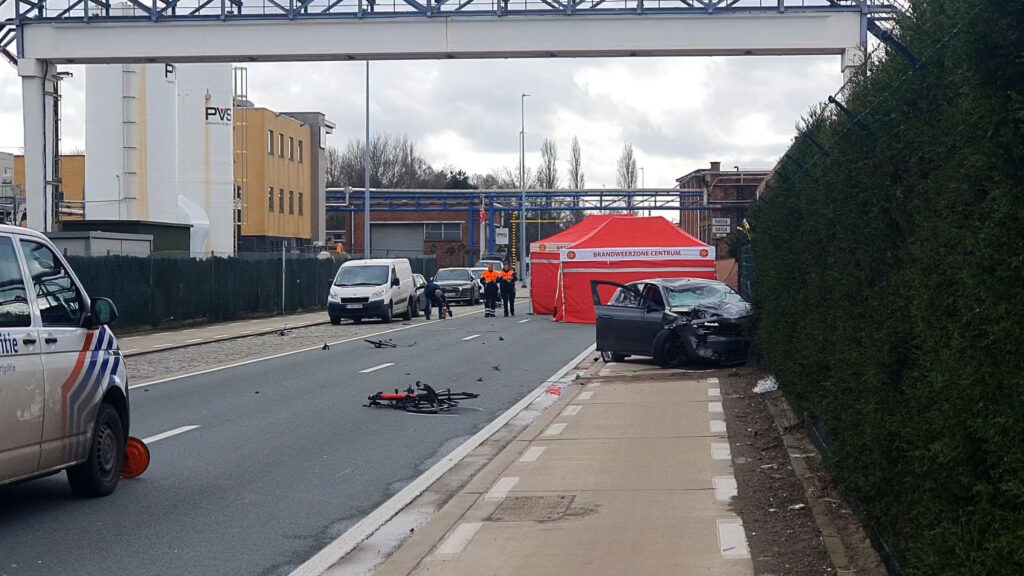Justice Minister Paul Van Tigchelt has admitted that there is no foolproof way to prevent banned drivers from reoffending.
On Sunday, a man in his forties killed two cyclists in the Ghent port area, causing widespread outrage in Flanders. The offender was found with a blood-alcohol concentration of 0.3% and was already under a driving ban.
In a parliamentary session on Thursday, a trio of ministers – Georges Gilkinet (Mobility), Paul Van Tigchelt (Justice), and Annelies Verlinden (Interior) – responded collectively to numerous questions posed by deputies.
They revealed that the Federal Government’s main strategy is deterrence and behavioural change before it is too late. To this effect, a directive is underway that would assign serious traffic offenders to community service in the emergency services of a hospital.
Van Tigchelt justified this measure, citing a 2021 study by the Vias institute. This study found that those who undertake training after a violation are 41% less likely to reoffend, compared to those receiving a conventional punishment like a fine or licence suspension.
Improvements to the linking of various databases (including licence suspensions and vehicle inspection failures) were also discussed.

